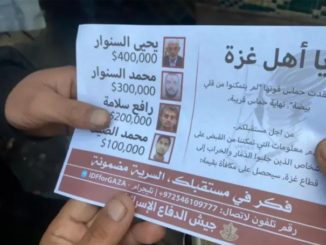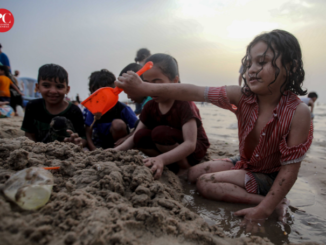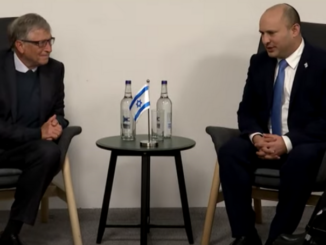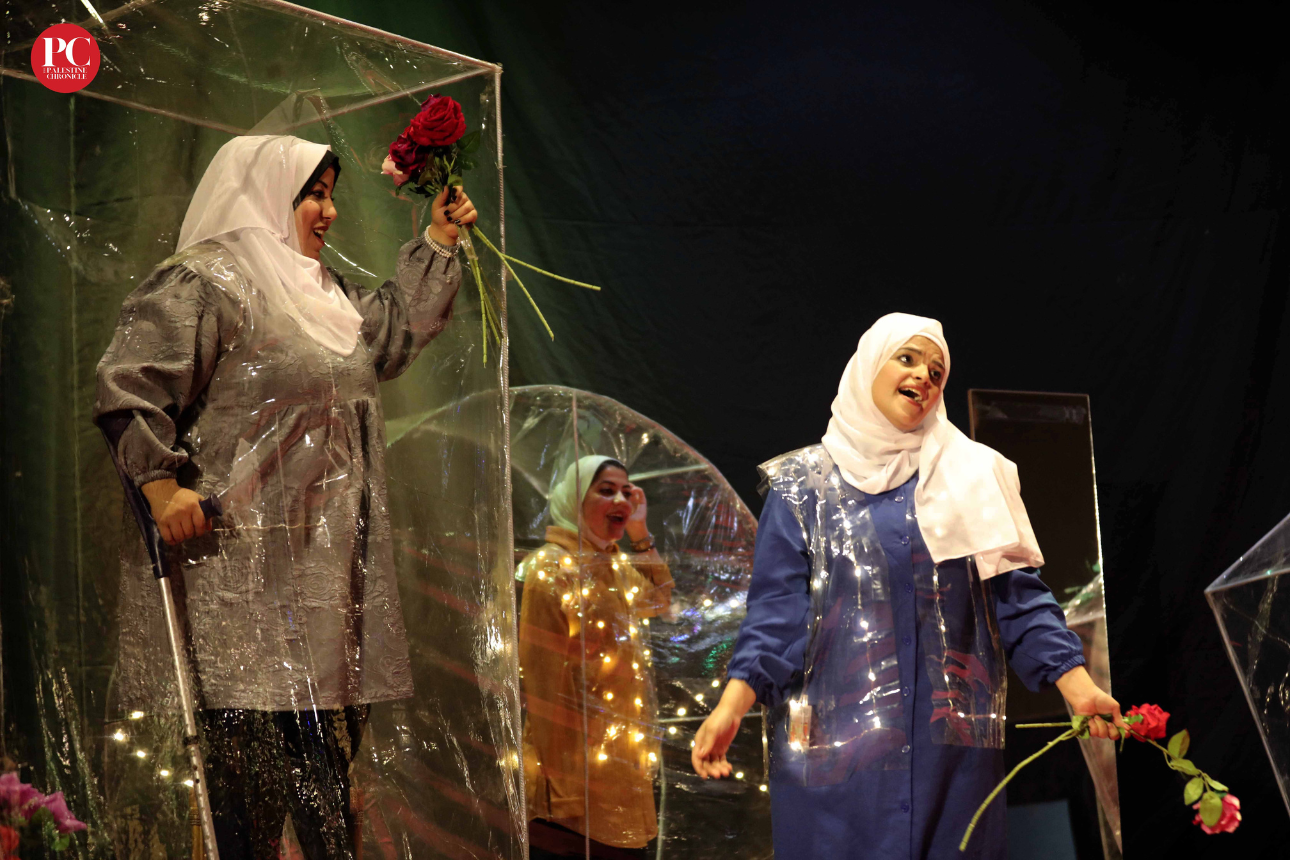
By Mahmoud Ajjour in Gaza & Romana Rubeo
One practice used by various civil society organizations in the Strip to confront the heavy psychological impact of disability is what is known as “drama therapy”.
Over 49 thousand Palestinians in the Gaza Strip struggle with various types of physical disabilities, according to the Palestinian Ministry of Health.
This is equivalent to 2.4 percent of the overall population of the besieged region.
Many of those are victims of Israeli wars, or the lack of proper medical treatment due to the Israeli blockade on one of the most impoverished regions anywhere in the world.
But in Gaza, disability hardly means the end of things, but the start of new challenges, and often successes.
Despite a chronic lack of facilities and rehabilitation centers, the Palestinian community in Gaza often seamlessly incorporates people with physical disability into everyday life.
In Gaza, being ‘disabled’ hardly means actually being disabled.
Those whose disability resulted from Israeli violence receive special treatment, at least by their own communities, not necessarily by the Palestinian Authority.
Drama Therapy
One practice used by various civil society organizations in the Strip to confront the heavy psychological impact of disability is what is known as “drama therapy”.
The North American Drama Therapy Association website says that “Drama therapy is the intentional use of drama and/or theater processes to achieve therapeutic goals.”
This practice was put to use in ‘Medusa Gaza’, a theatrical storytelling performance involving young talents, all with various types of physical disabilities.
Many tears were shed during the powerful performance by these young artists, whose very life stories are expressions of an ongoing drama, in fact trauma, which is yet to be healed.
Complete healing from deep emotional scars is hardly possible when the victims continue to live their harrowing experiences over and over again.
Indeed, Gaza remains under siege; Israeli bombs hardly cease on falling, and the economic hardship continues to grind the 2.3 million Palestinians of the hermetically sealed Strip.
But Gazans are fighting back, united in their attempt at healing their collective wound.
Medusa Gaza
Manal Barakat, the director of the Buthur (Seeds) Theater Association, explained that this is the second year in which this type of theatrical drama is attempted.
‘Medusa Gaza’ primarily dealt with the issue of exile, or, more accurately, the thousands of young Palestinains, mostly from besieged Gaza escaping for a better life elsewhere.
The message of the play was universal, but is mostly felt in places like Gaza where tens of thousands of mostly young people have left the region seeking different futures.
Thousands have escaped via tunnels connecting Gaza to the Egyptian Sinai Desert; others by boat; and some left to study or work, but never returned.
It is almost certain that everyone who attended the play had a family member, or knew of a friend or a neighbor who had attempted the often deadly journeys outside of Gaza.
Unfortunately, hundreds of Palestinians died in the Mediterranean in recent years, in their quest for some kind of freedom.
The enthusiastic claps and the tears reflected the deep connection between the audience, the performers and the tragic story unfolding inside and outside the theater.
In some strange way, the audience were also part of the powerful performance – except that the story was hardly a fictitious one.
The event was organized by the Seeds Association, in partnership with the International Committee for the Red Cross. It was held in the Red Crescent theater in the city of Gaza.
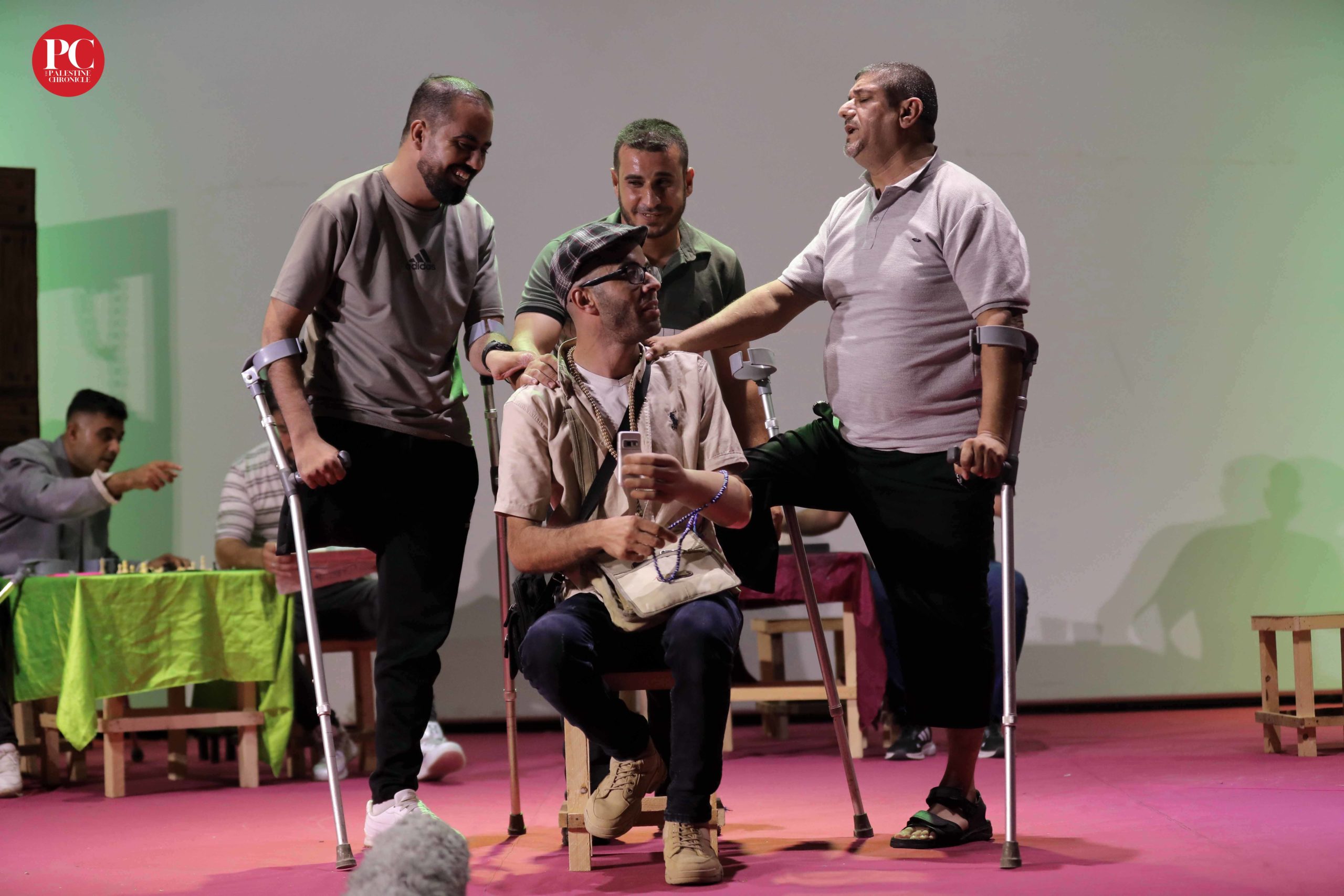
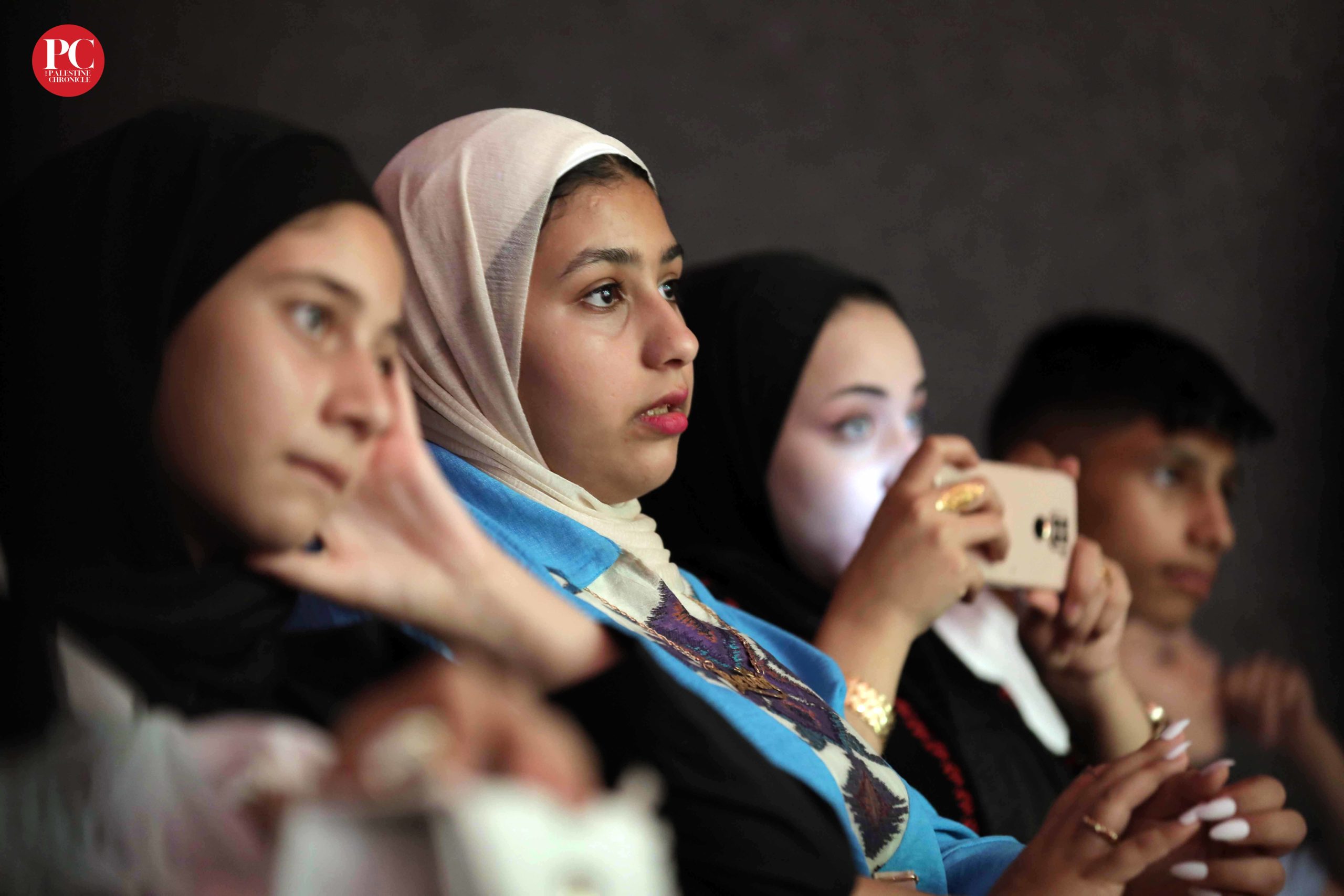
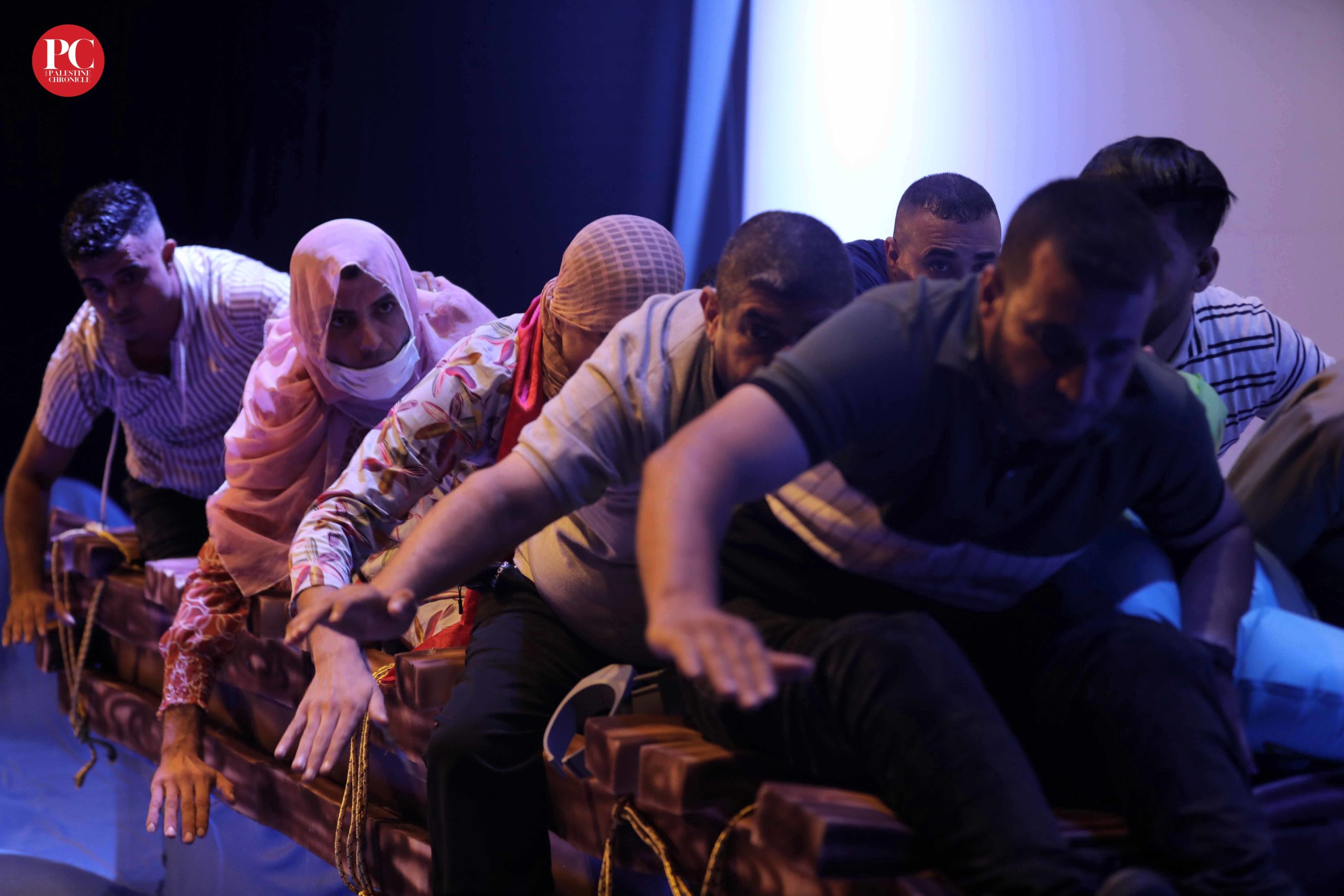
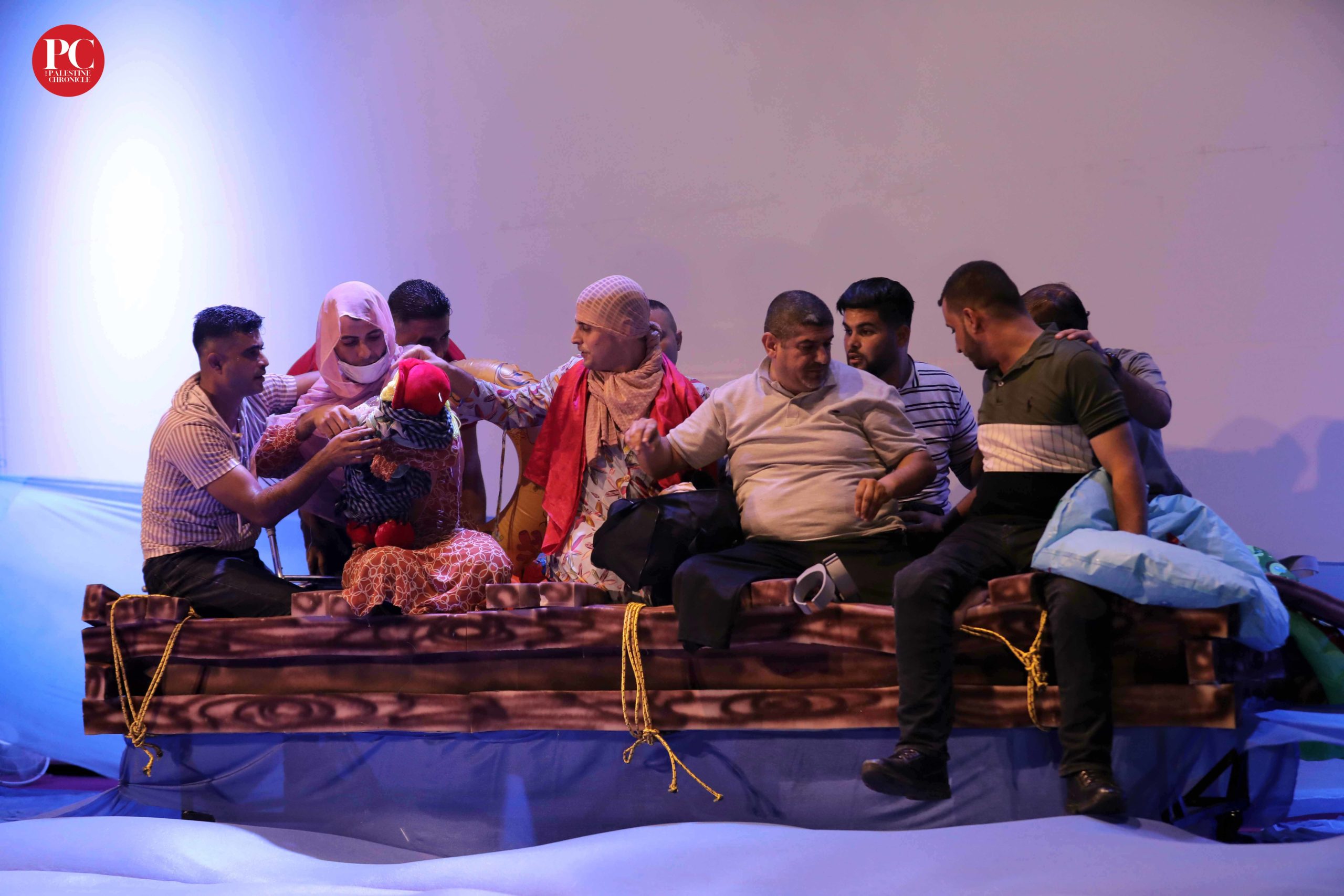
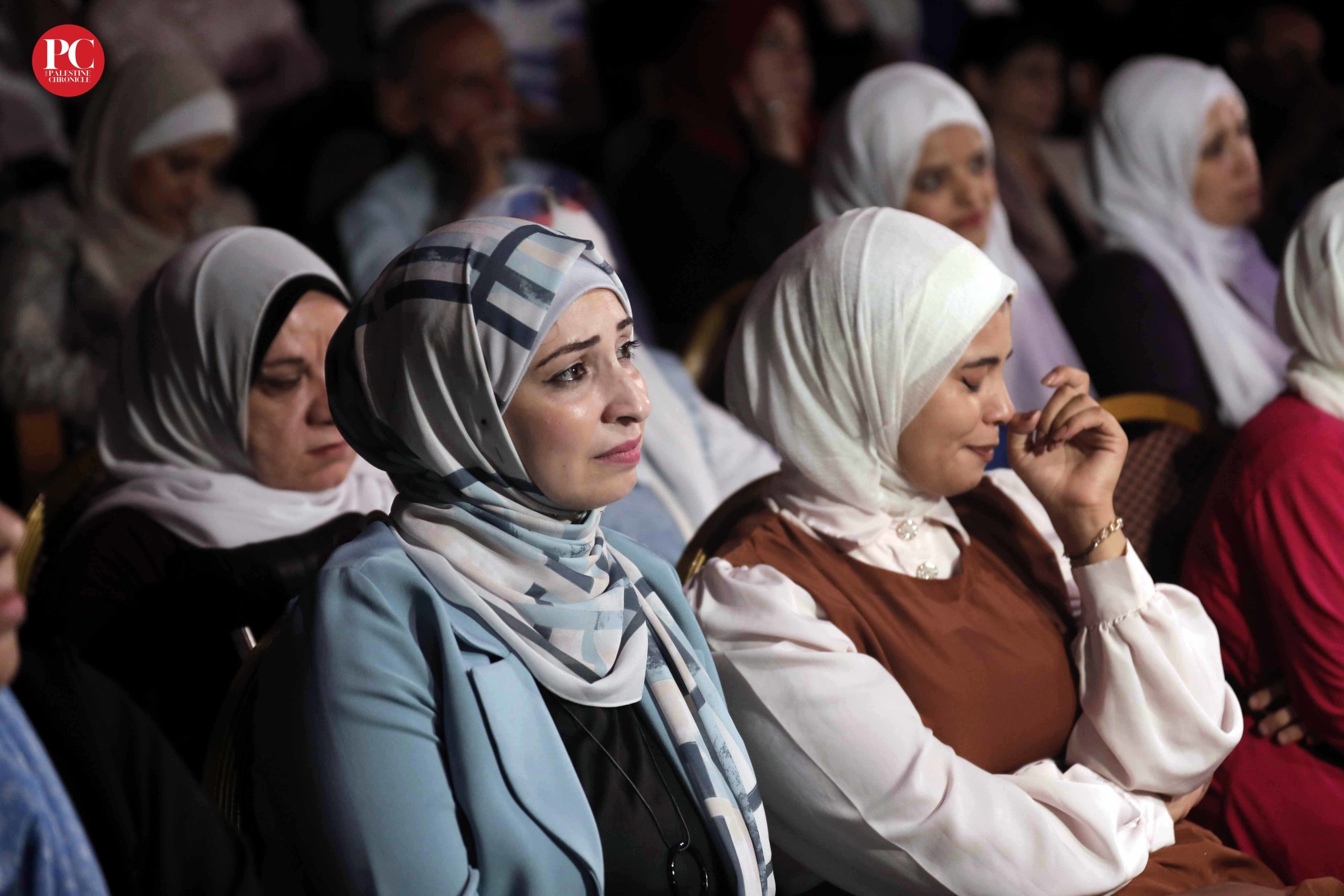
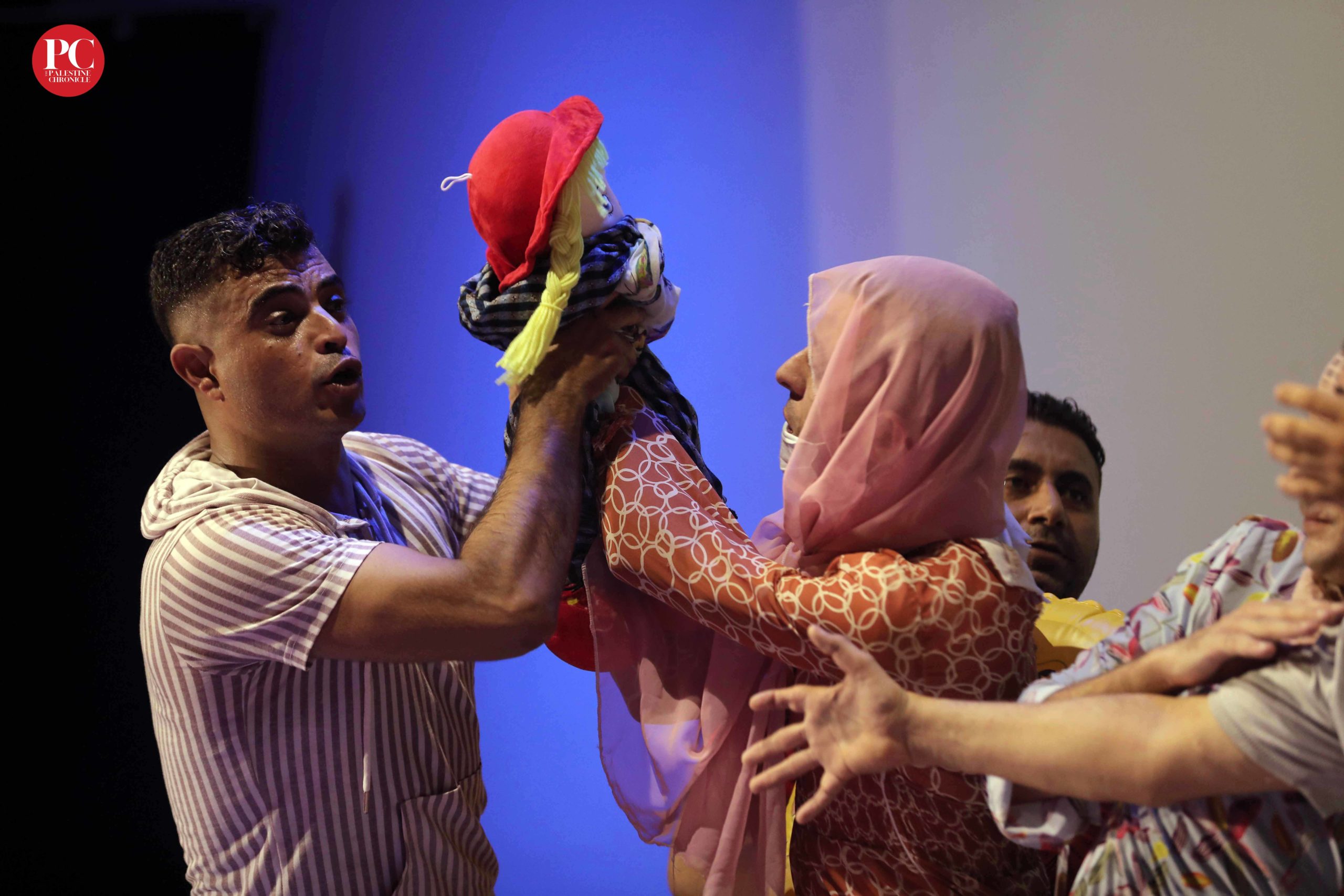
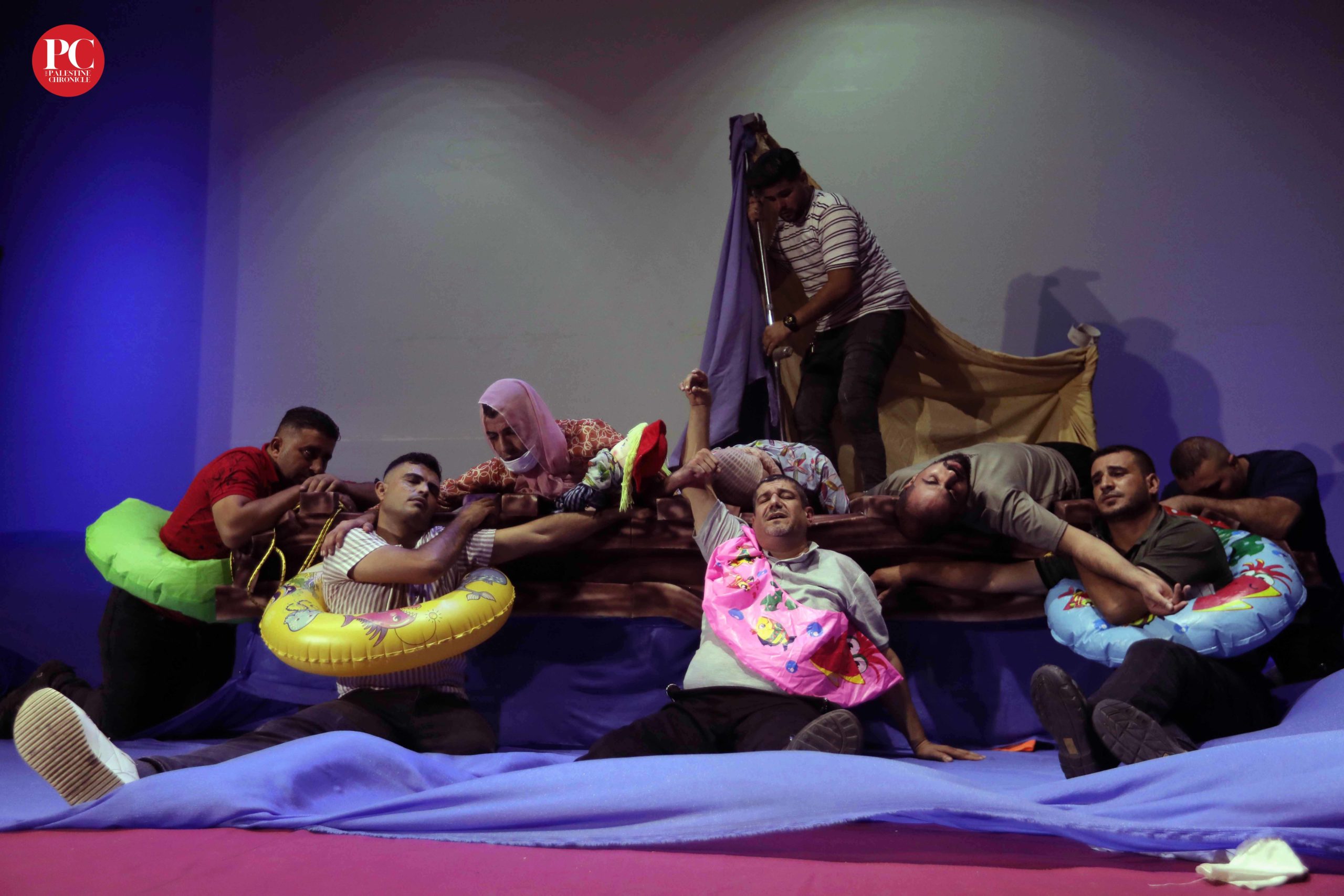
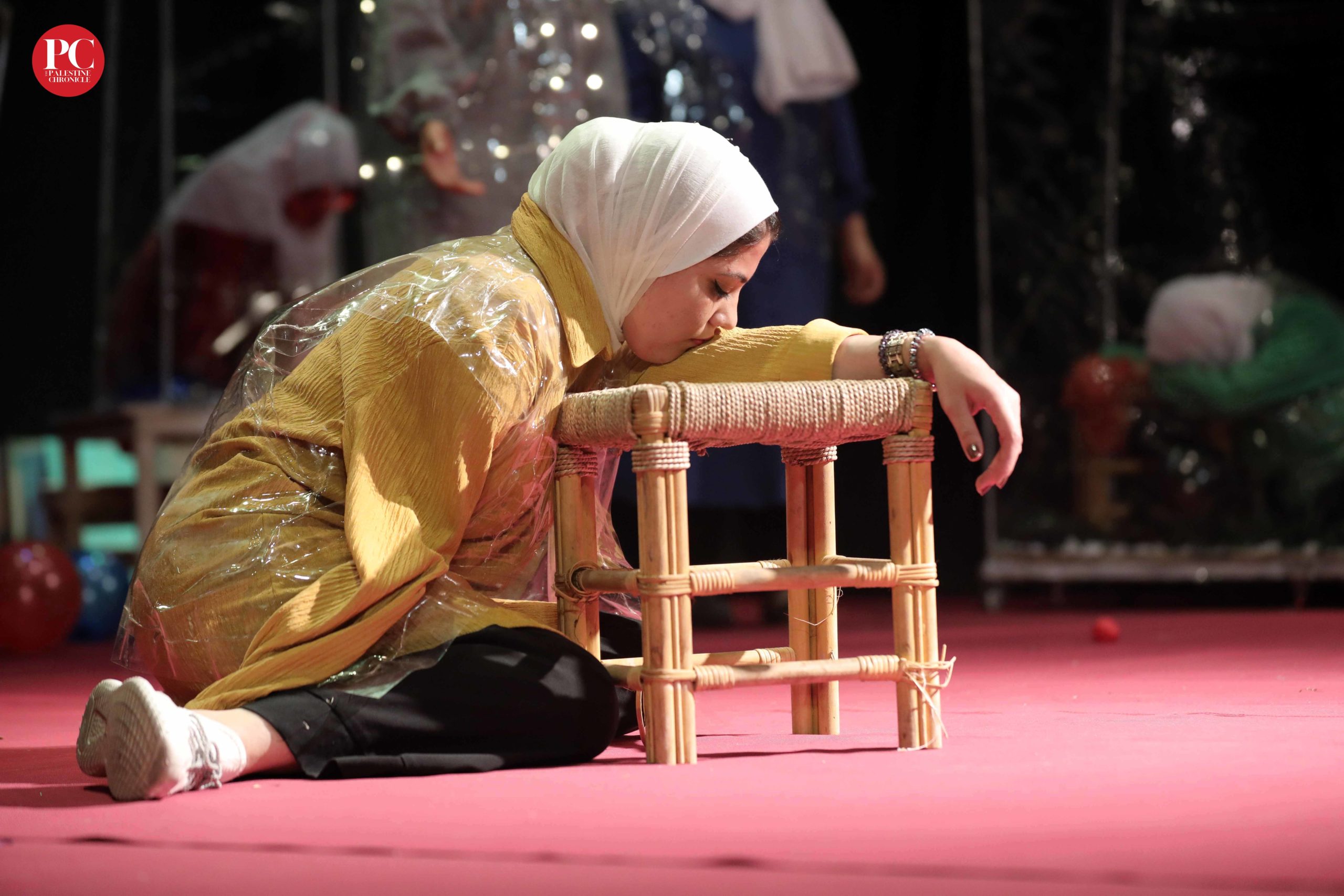
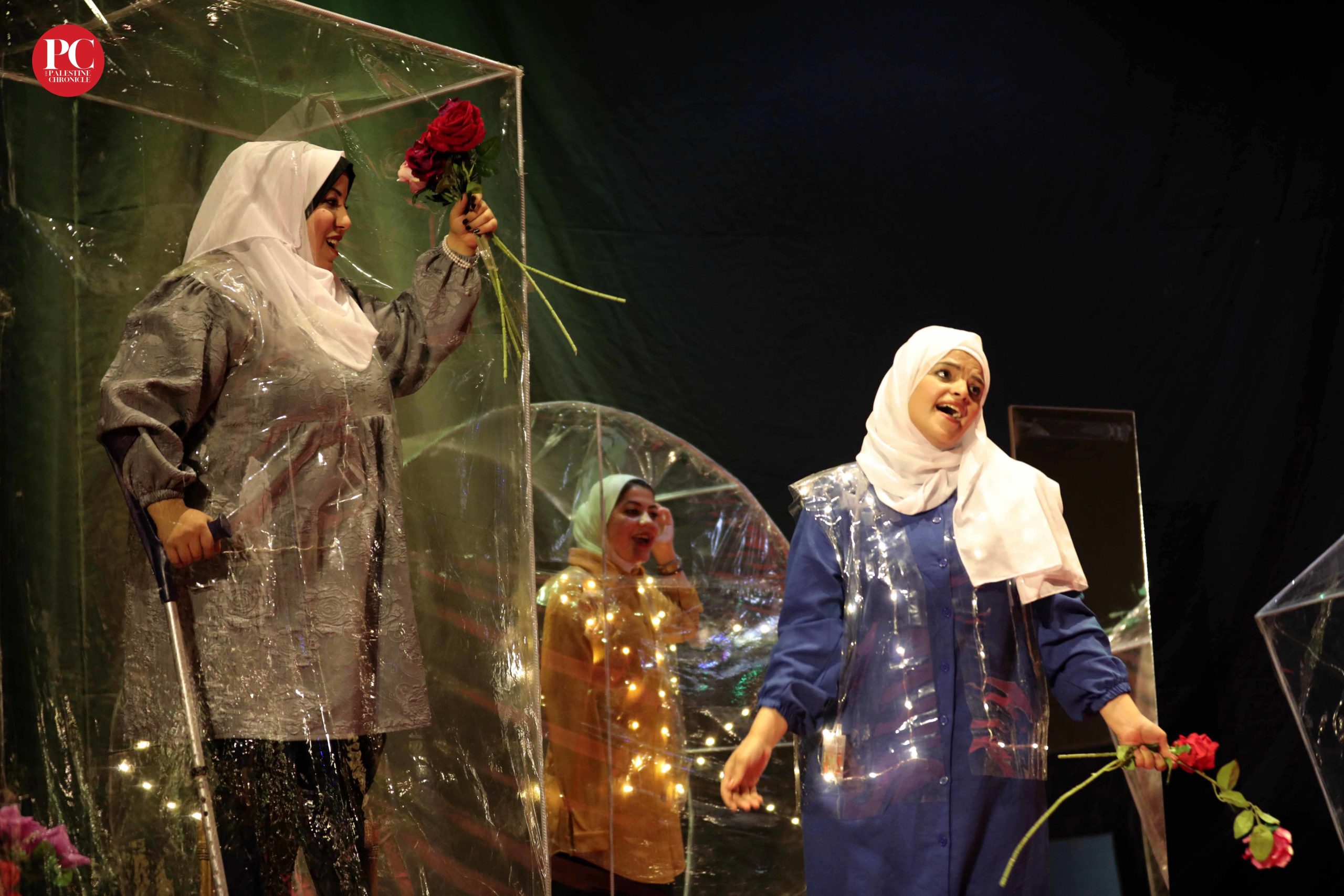
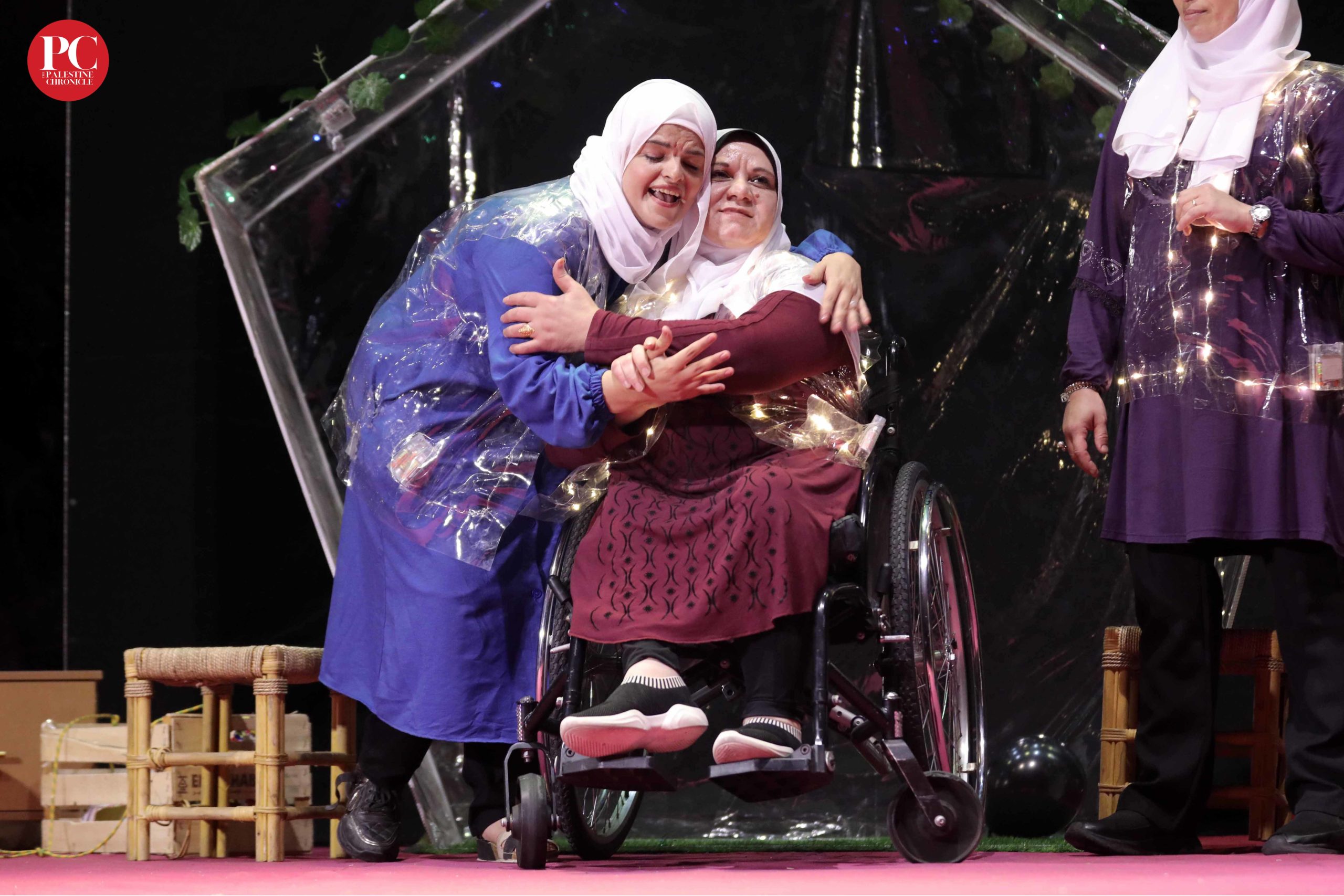
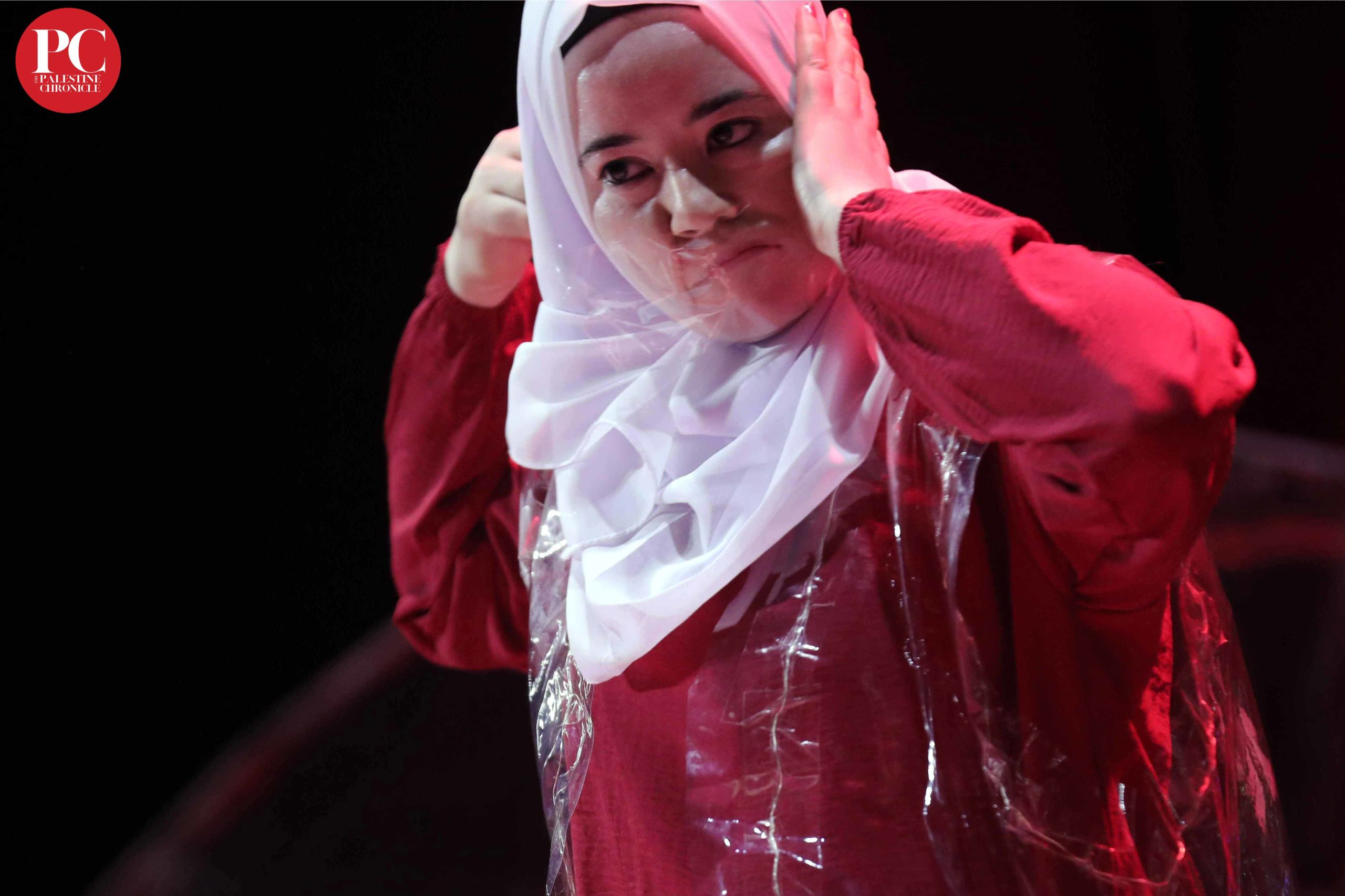
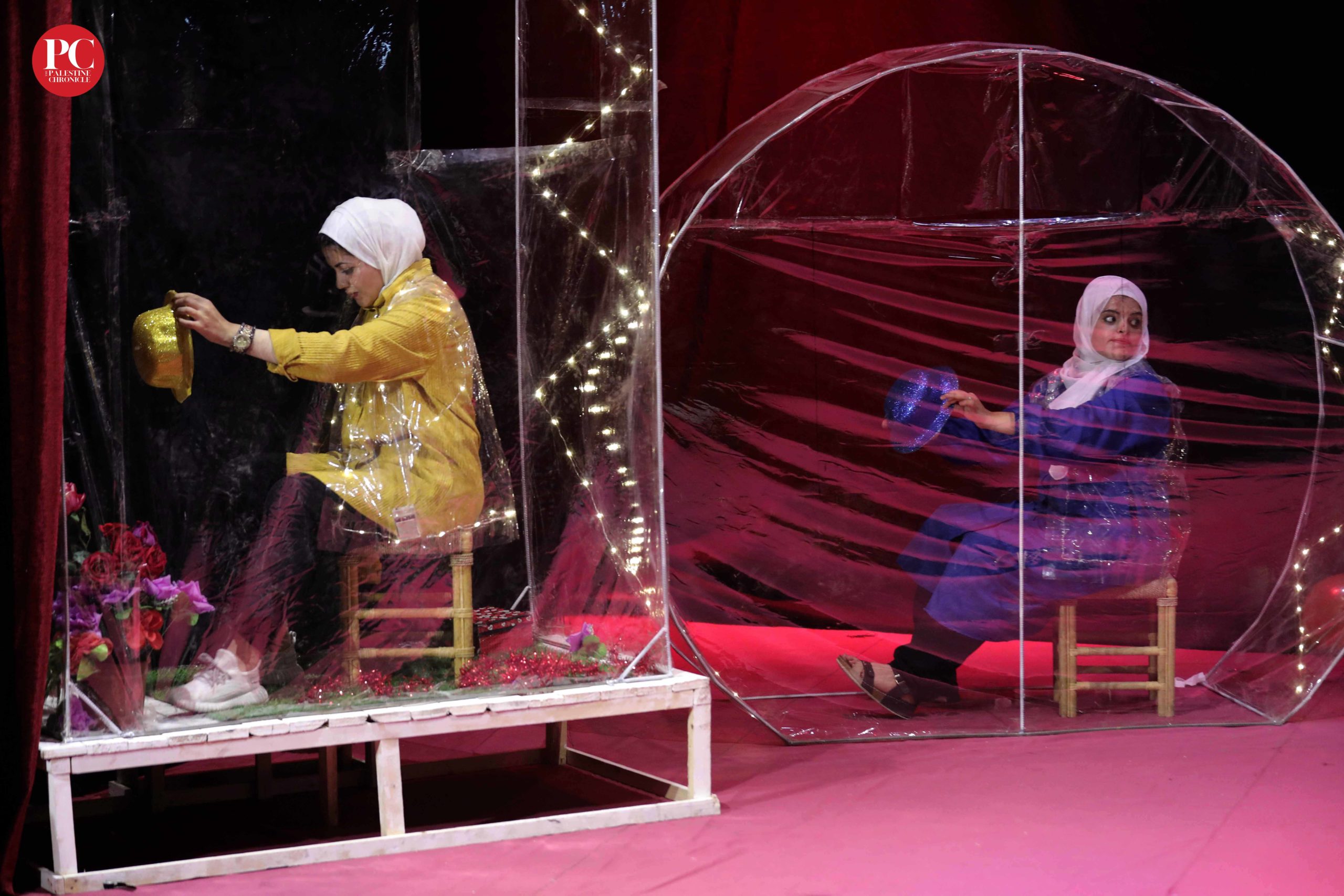
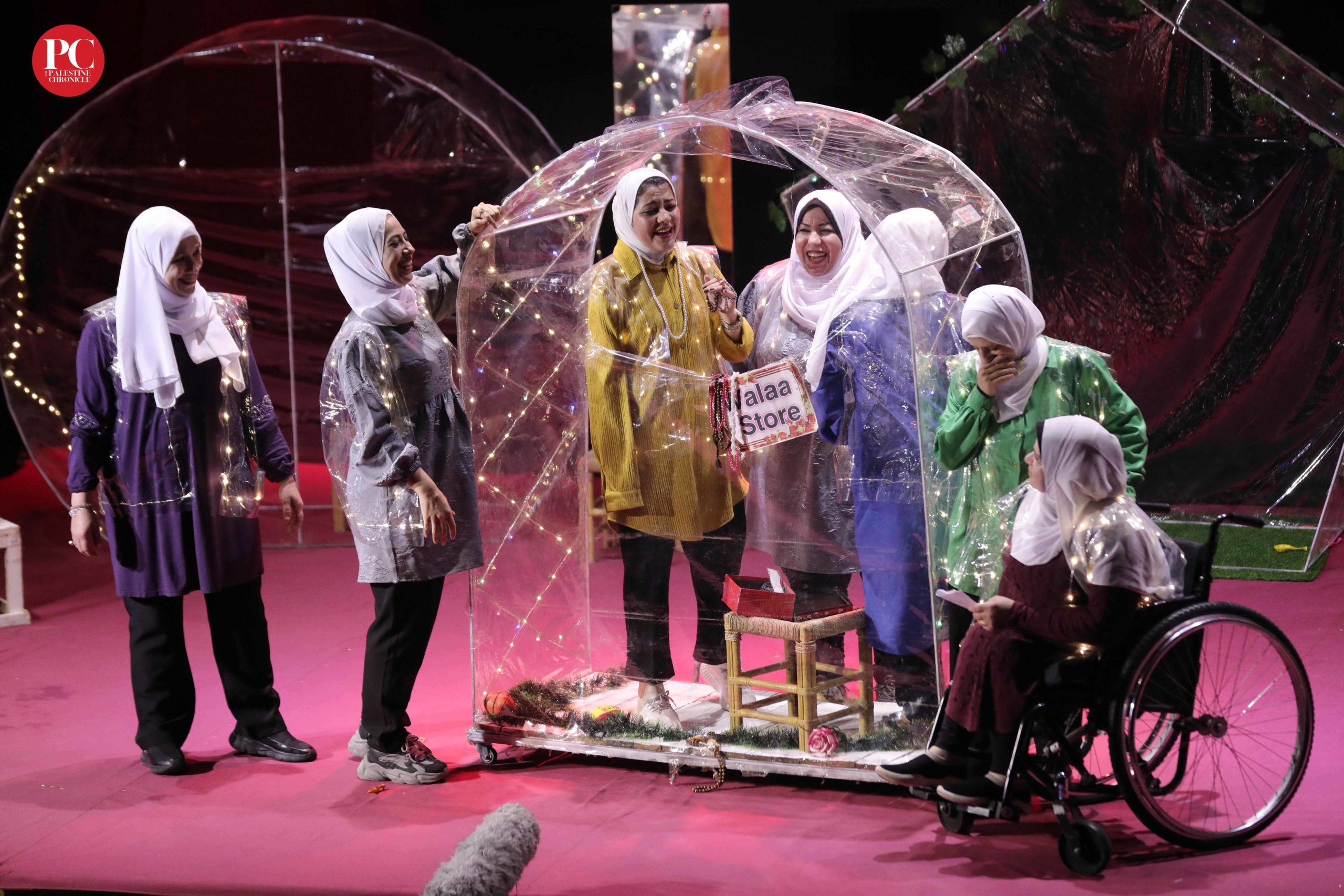
(All Photos: Mahmoud Ajjour, The Palestine Chronicle)



